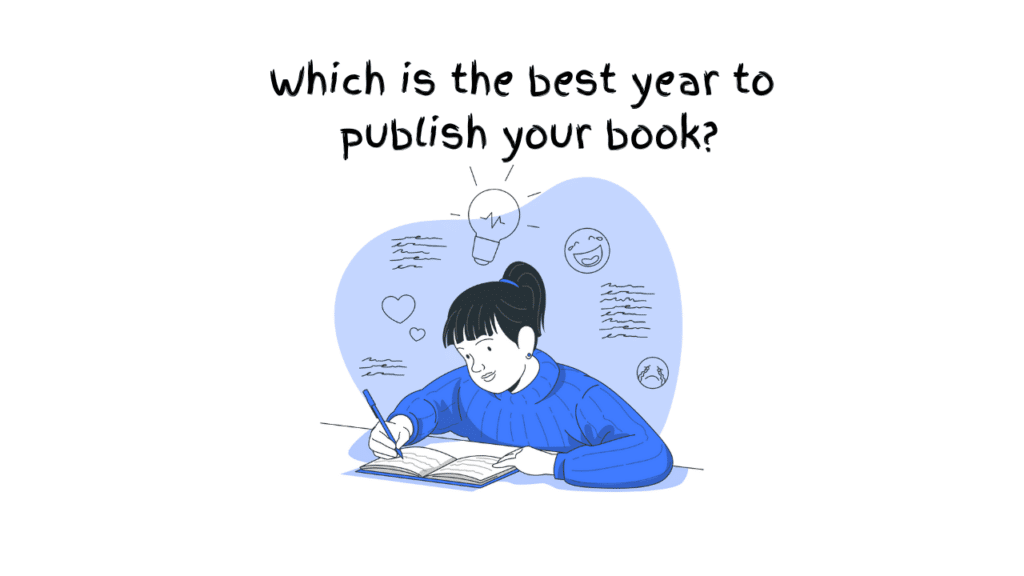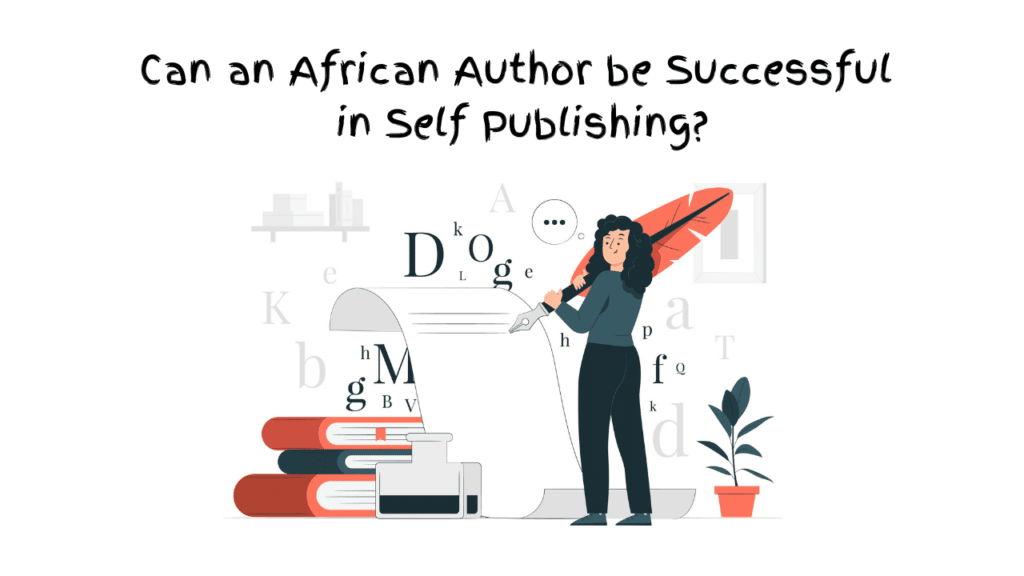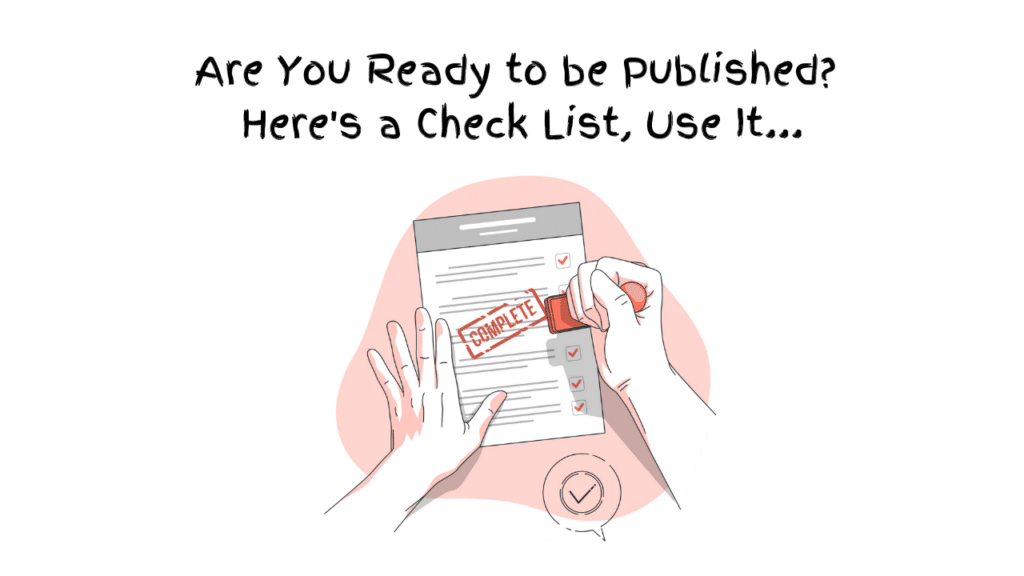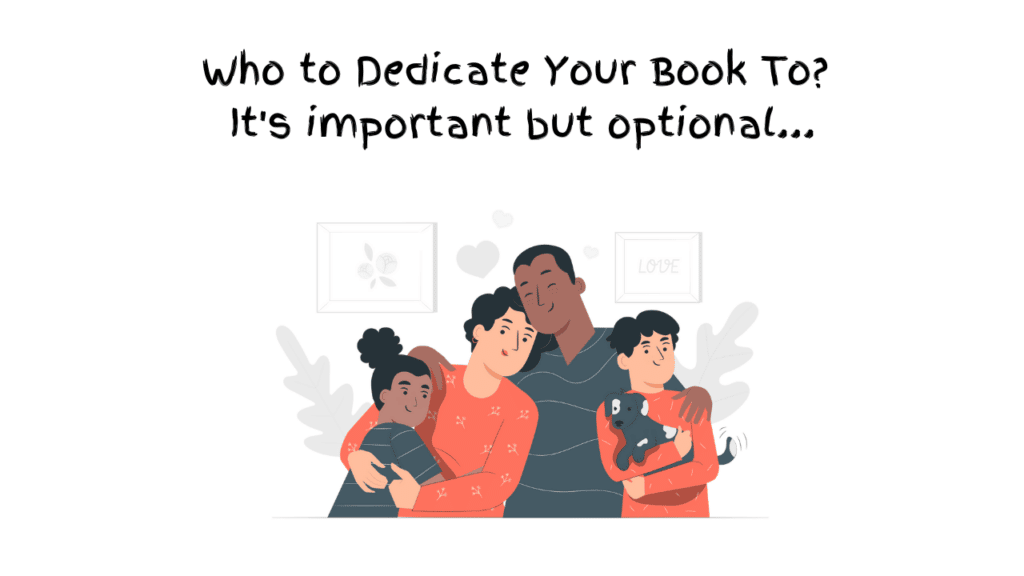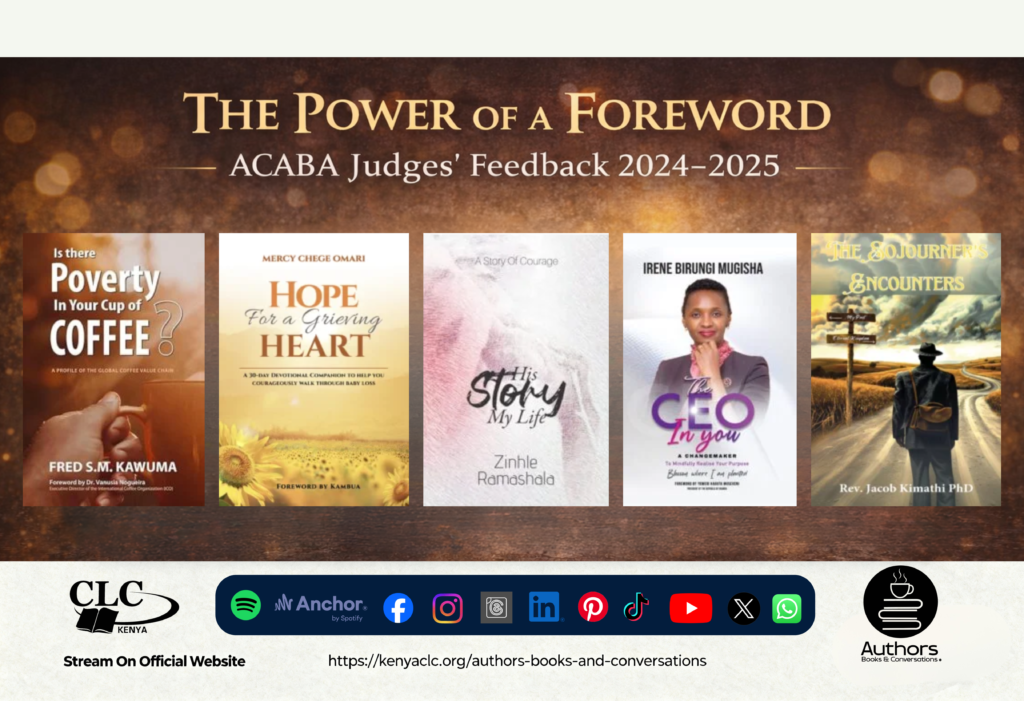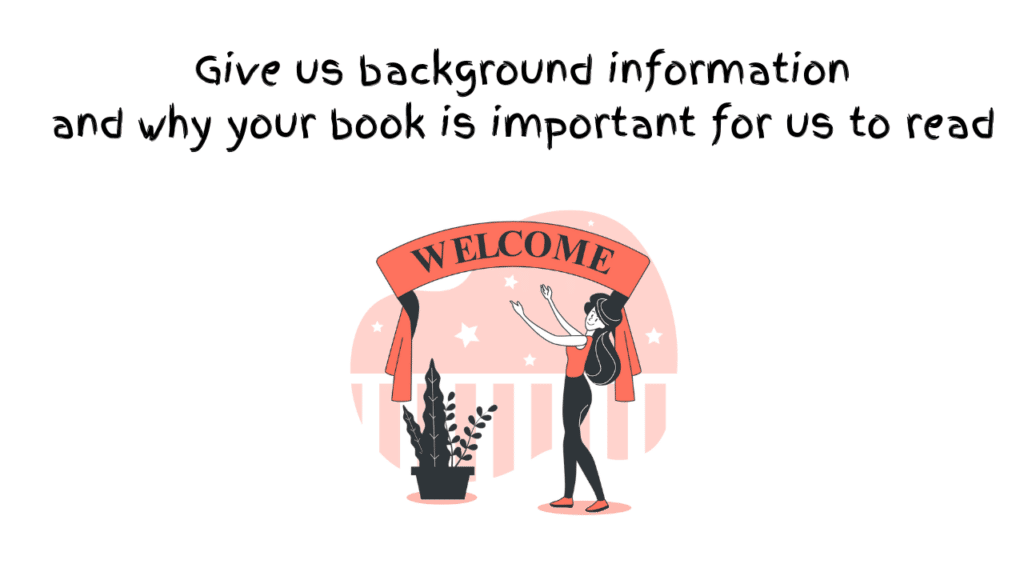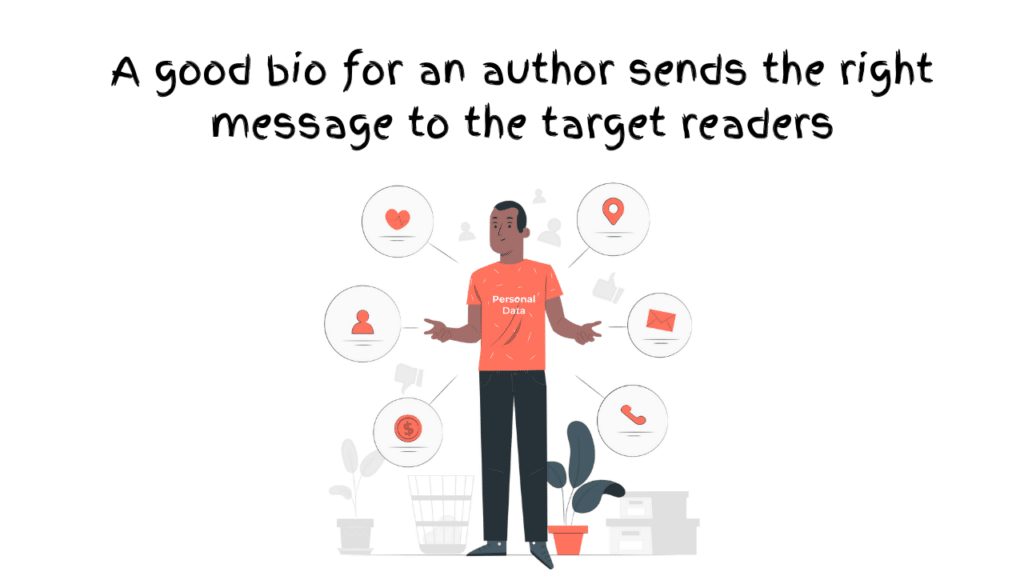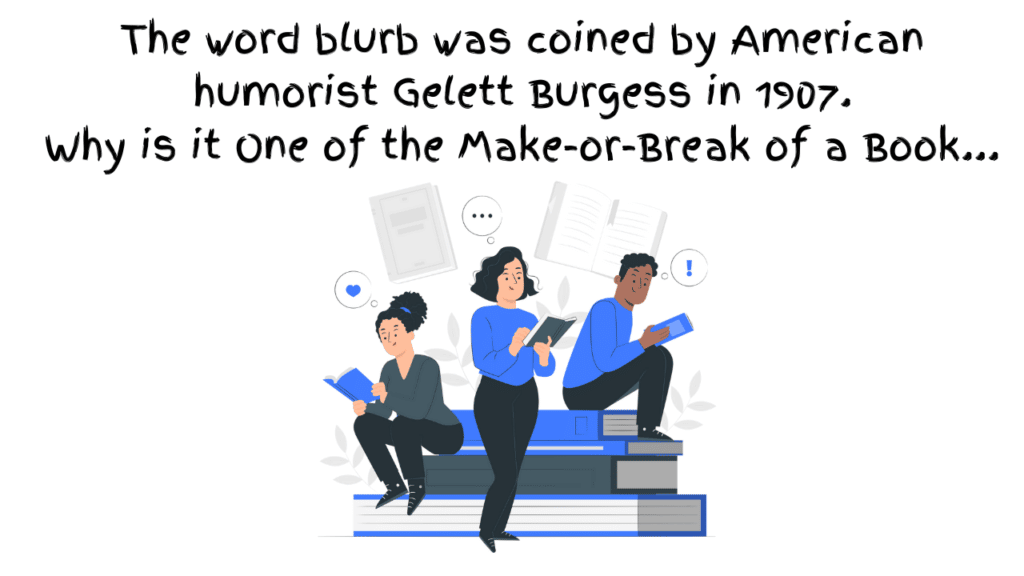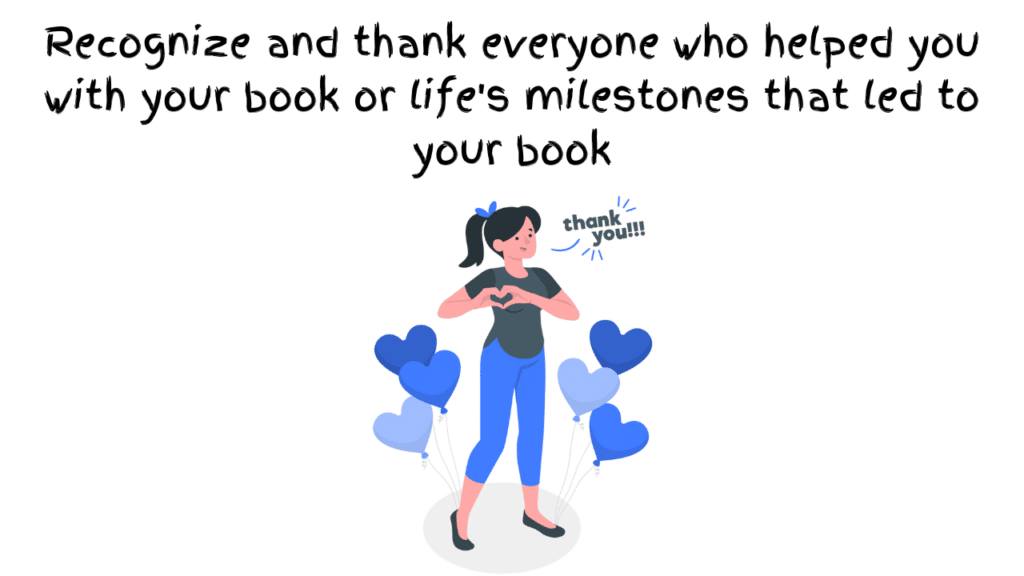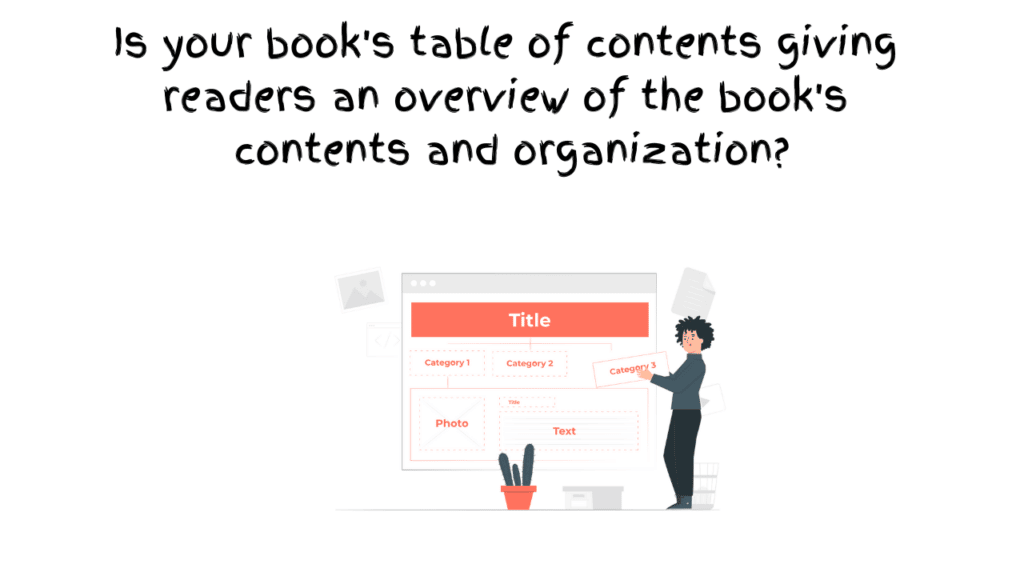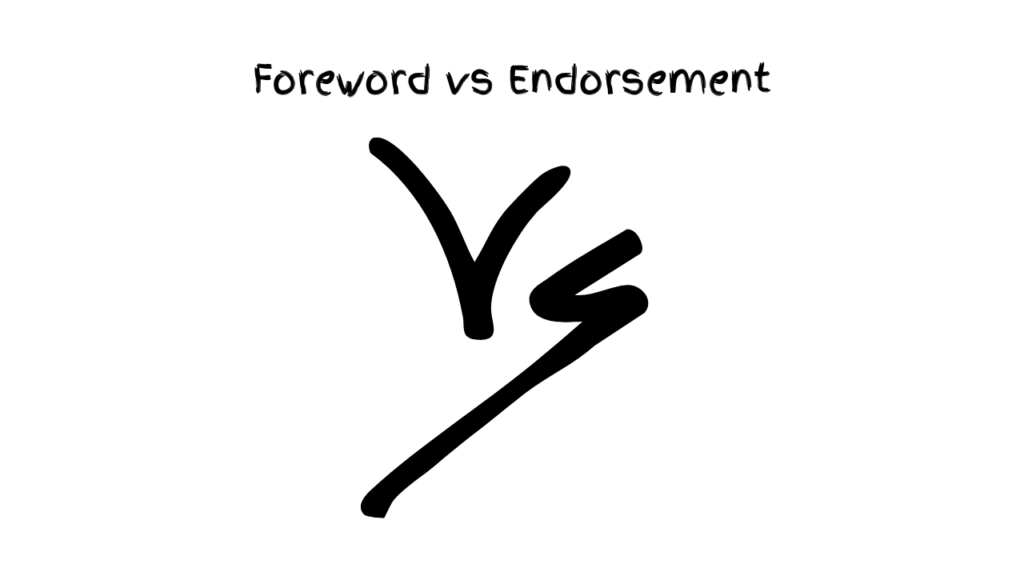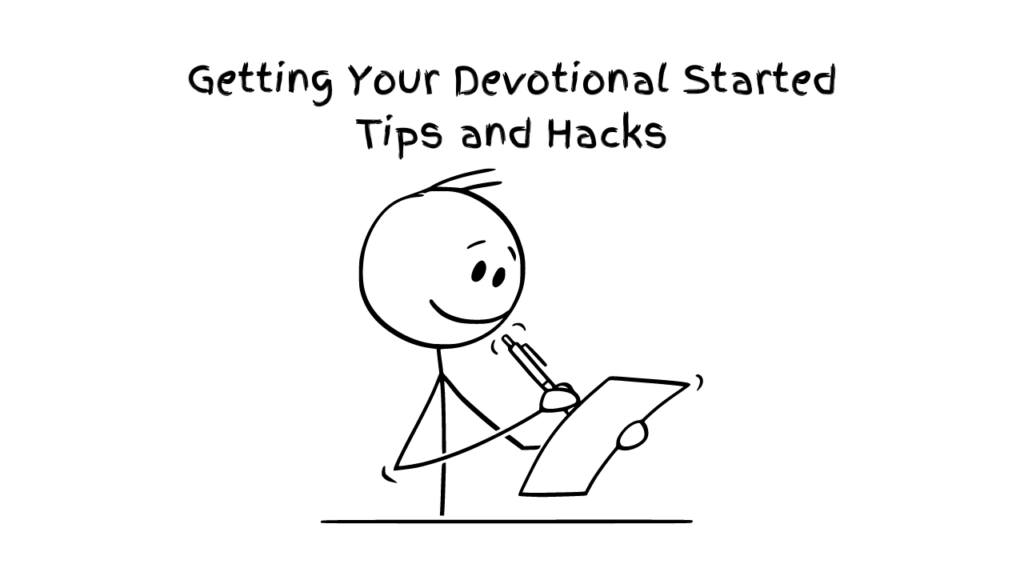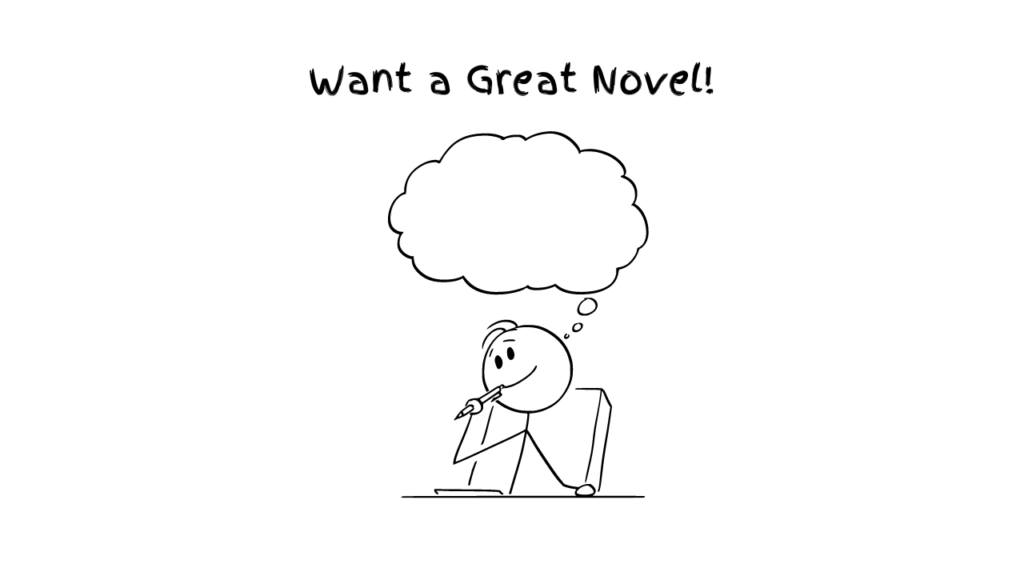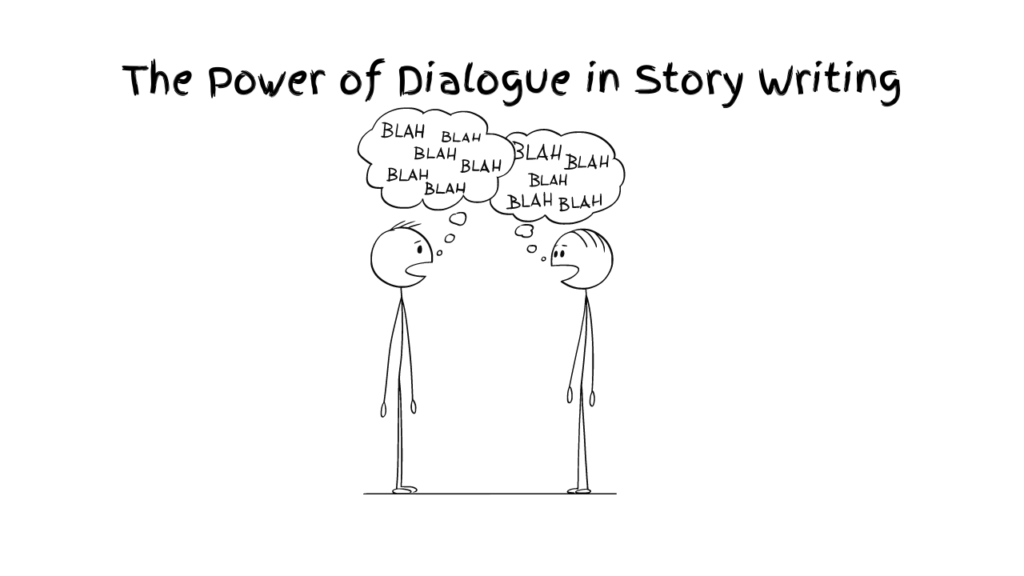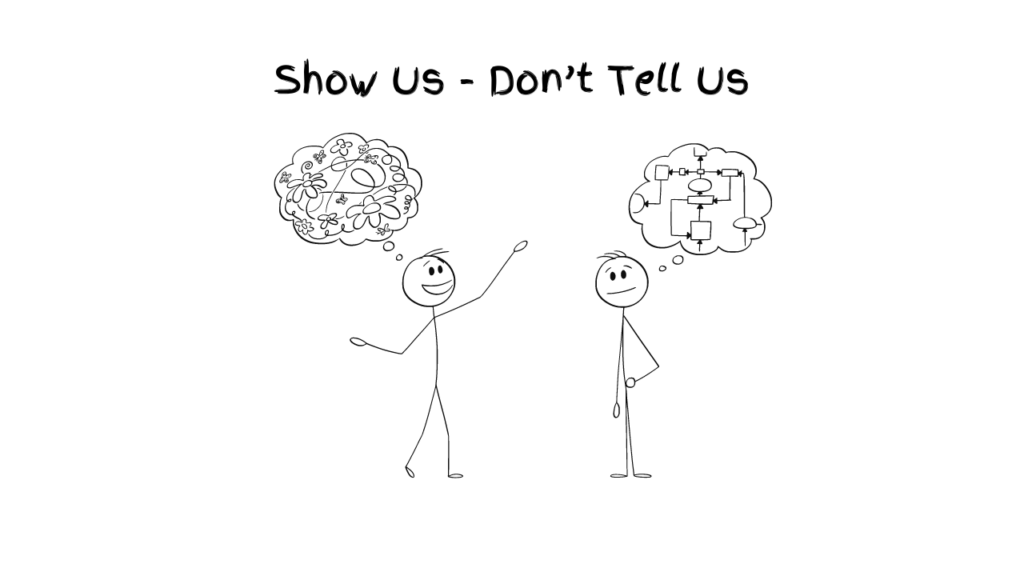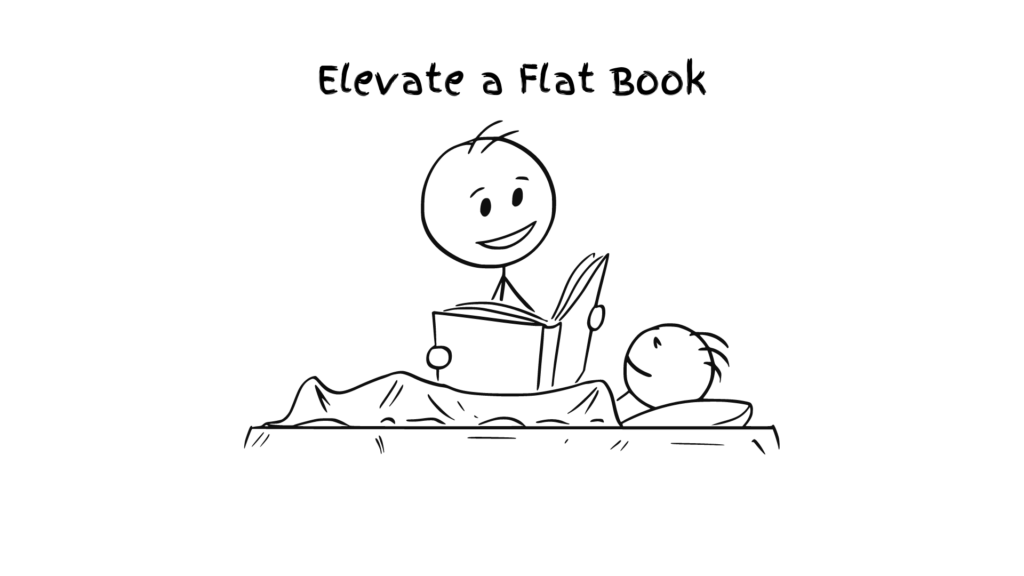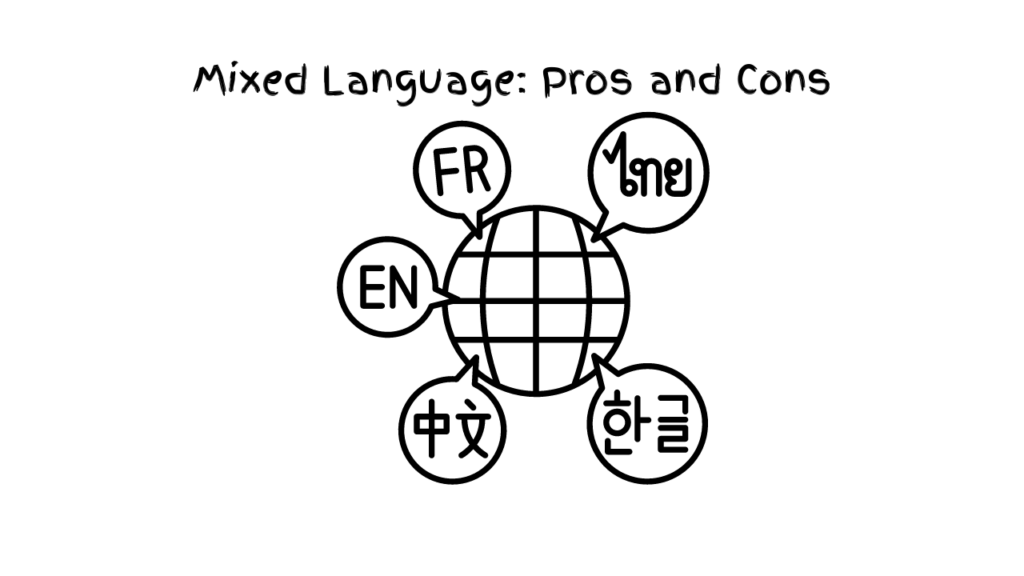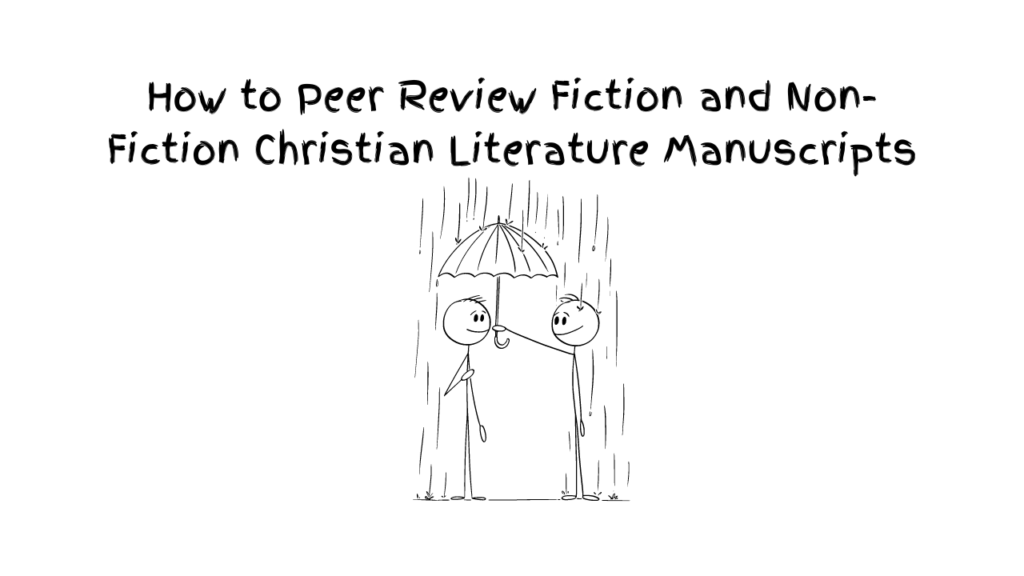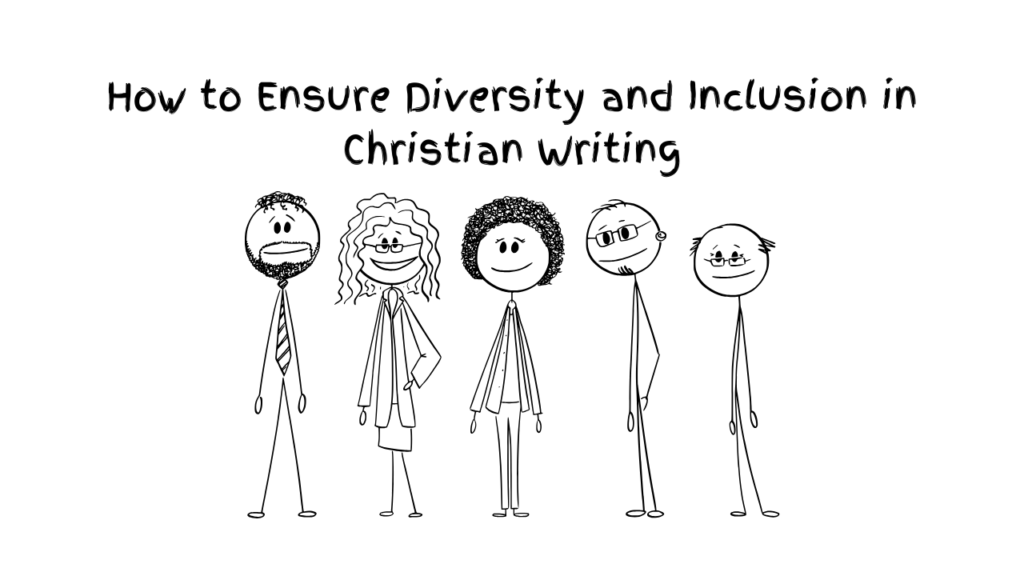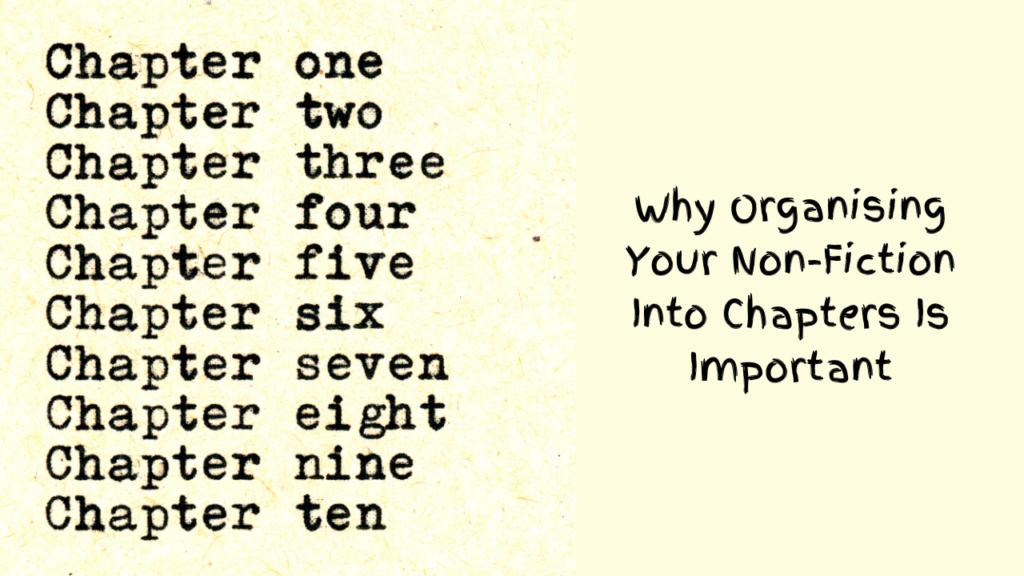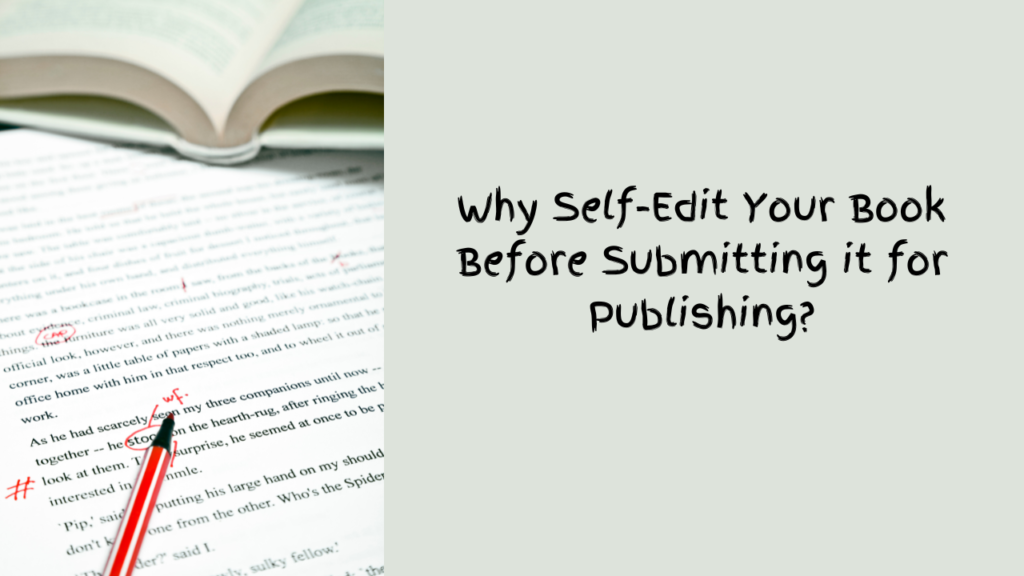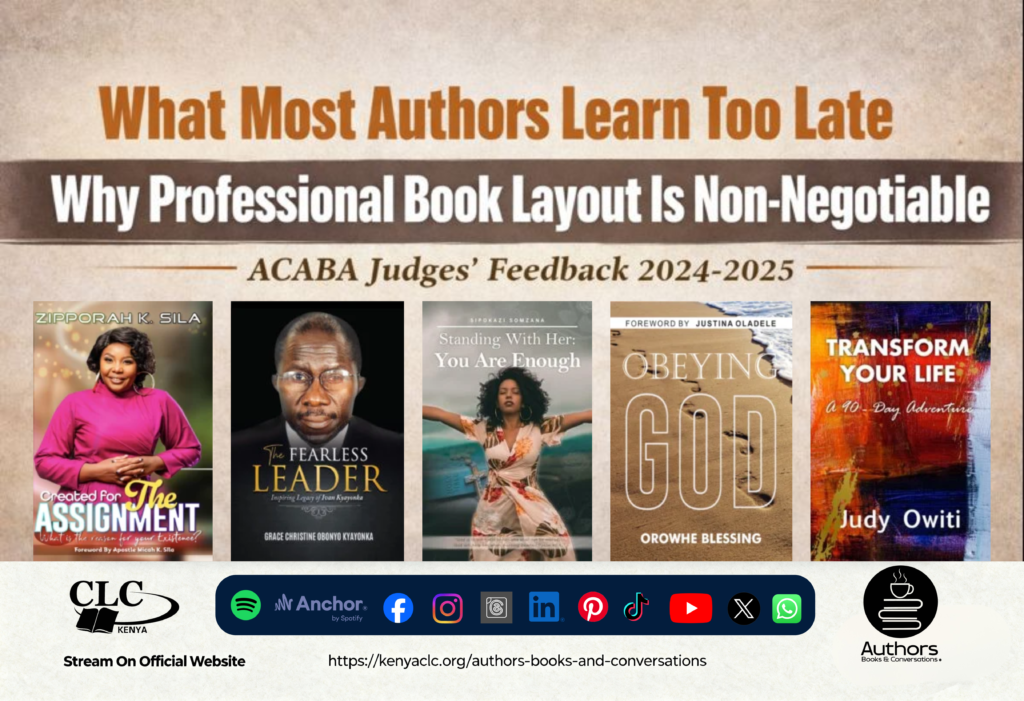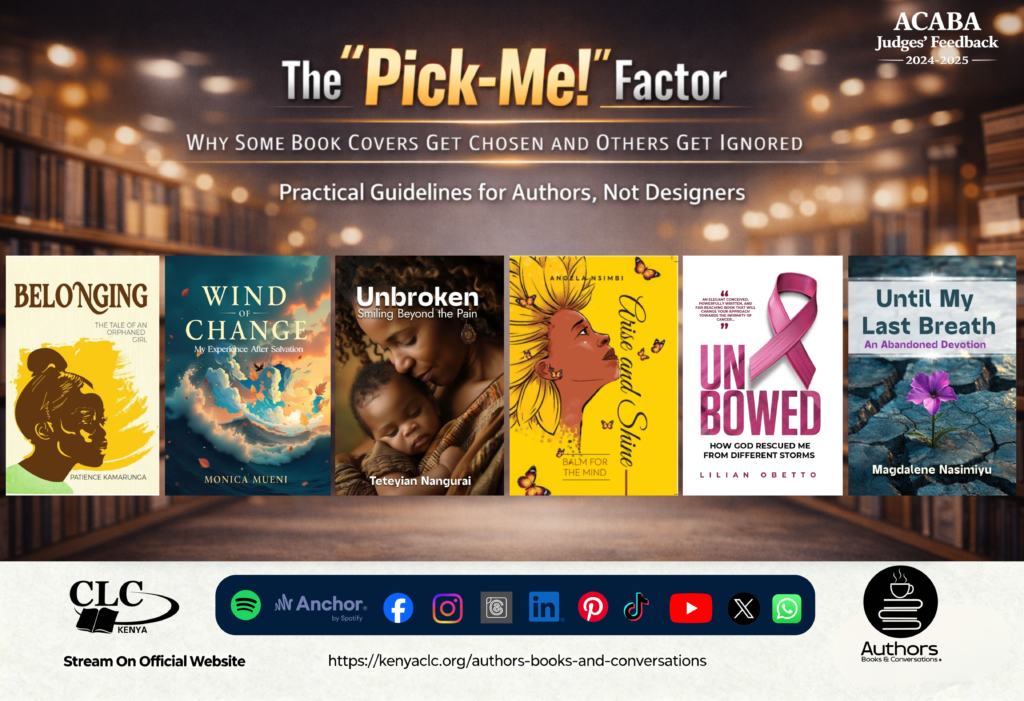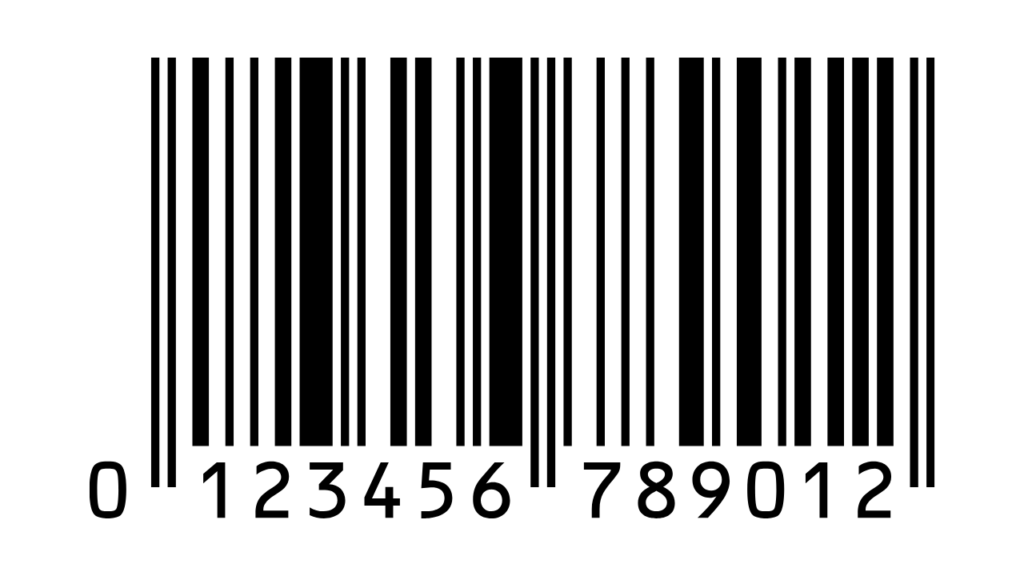- Home
- Authors Training & Networking Forums
- Publishing in Africa
Training by: Dr. Muthoni Mercy Omukhango
Trainer's Bio: As the National Director of CLC Kenya, my role encompasses the strategic distribution of Christian literature and fostering a robust reading culture across Africa. With a focus on digital publishing and advocacy for African content, my leadership has been instrumental in empowering communities through knowledge and faith (www.kenyaclc.org)
The founding of the African Christian Authors Book Award, under my guidance, has become a cornerstone for recognizing and celebrating the excellence of Christian authors within the continent. This initiative not only showcases my commitment to elevating African narratives but also reflects my dedication to advancing God's Kingdom through the written word (www.africanauthors.net)
Our recent initiative, Mama Africa Book Box, a reading club for kids and teens, is seeking to empower children with African content while exposing them to international books (www.kenyaclc.org/mama-africa-book-box)
Getting Started: Publishing Books
Preparing to Write/Publish
The self-publishing landscape has changed considerably in the past two decades with new technologies such as the Internet, and the $1 billion markets continuing to change at a rapid pace. Increasingly, there are numerous alternatives to traditional publishing, and self-publishing is becoming the first choice for writers.
#RaisingAfricanVoices
Jesus, while talking to the disciples about following Him, asked them to count the cost. The same Scripture applies to authors today – you have to count the cost from the beginning to ensure you don’t stop at some point in your book project’s journey.
#RaisingAfricanVoices
Are you ready to be published? Use our 4 points check list and tick ‘Published Author’ box so you can move on to the next God-given assignment…
#RaisingAfricanVoices
Is your manuscript due for a review towards getting published?
The major focus during manuscript review is the general quality of the book. It is important to establish the overall completeness, scope and readership of the manuscript and whether the presentation and accessibility of the book is suitable.
#RaisingAfricanVoices
Elementary Skills: Publishing Books
How to Write
A book dedication is a way for you, the author to bestow a high honor on a person (or a group of people) you wish to praise or otherwise spotlight. This dedication note is often short and usually focused on one person (or a specific group of people). It’s supposed to be personal, rather than professional. It goes on the dedication page, which is in the very front of the book, after the title page.
Here’s how to write one.
#RaisingAfricanVoices
A well-written foreword can function as the ultimate third-party recommendation or endorsement for your book, generating interest and helping when it’s time to market your book.
Here’s how to write one.
#RaisingAfricanVoices
Are you stuck on writing your book introduction? Here’s how to…
Hook the reader right from the beginning with a personal story from your life, a funny story, a joke, or just an interesting fact that causes him/her to want to continue reading.
Here’s how to write one.
#RaisingAfricanVoices
If your readers are in the conclusion chapter, it also means they read the whole book, they liked it, and now they want you to wrap it up. So don’t rash it. Give them what they want.
Here’s how to write one.
#RaisingAfricanVoices
People are looking for reasons why they should spend their time reading what you have written. You need to instill confidence in your readers that you are knowledgeable on the subject matter by writing an appropriate bio.
Here’s how to write one.
#RaisingAfricanVoices
A blurb is a short yet descriptive account of the book that goes on the back cover or within the book sleeve of a hardcover book. It includes any information that represents the book best and intrigues the readers and shoppers to pick the book off the shelves.
Here’s how to write one.
#RaisingAfricanVoices
An acknowledgment section in a book provides the space to go into lenghty details in thanking the people who were sources of inspiration and support for your book and life.
Here’show to write one.
#RaisingAfricanVoices
A table of content shows the things that are held or included in something. In the book industry, it is a list of the chapters or sections given at the front of a book or periodical.
Here’s how to write one.
#RaisingAfricanVoices
Foreword vs endorsement: what’s the difference? Discover their purpose, placement, length, and how each builds credibility and helps readers choose your book.
Technical Skills: Publishing Books
Refining Your Manuscript
A devotional book is a literary work designed to provide spiritual inspiration, guidance, and reflection for readers seeking to deepen their faith and relationship with God.
Get started here.
#RaisingAfricanVoices
A great novel is a complex interplay of various elements, but some key components often contribute to its greatness.
Get started here.
#RaisingAfricanVoices
Effective dialogue is characterized by authenticity, clarity, and relevance to the story. It should sound natural and believable, reflecting the unique voices and perspectives of the characters. Dialogue tags, such as “said,” “asked,” and “replied,” help identify speakers and maintain clarity in conversations.
Get started here.
#RaisingAfricanVoices
“Show don’t tell” is a fundamental principle in storytelling that encourages writers to use descriptive language, actions, dialogue and scenes to reveal information to the reader, rather than simply telling them outright.
Get started here.
#RaisingAfricanVoices
Transforming a flat non-fiction Christian book into an engaging and impactful read requires authenticity and connection. Share your personal testimony, use relatable real-life examples, and offer practical applications to make your message resonate. Being vulnerable about your faith journey fosters trust, while reflective questions and actionable steps encourage readers to apply the lessons to their own lives.
Get started here.
#RaisingAfricanVoices
Using public stories in your Christian book requires integrity and respect for the individuals involved. Always seek permission where possible, give proper attribution, and ensure the story aligns with your message while preserving the dignity of those featured. Avoid embellishment or distortion for dramatic effect, and focus on presenting truth with grace. By handling stories ethically, you honour both the subjects and your readers while maintaining your credibility as a Christian author.
Get started here.
#RaisingAfricanVoices
Writing a manuscript with mixed languages can be both enriching and challenging. To overcome this, establish clear guidelines for when and how to incorporate multiple languages. Use translations sparingly and only where necessary, ensuring they don’t disrupt the reader’s flow. Consider adding footnotes or a glossary for clarity and consistency. Tools like professional editors and language experts can help refine your manuscript while maintaining cultural authenticity.
Get started here.
#RaisingAfricanVoices
Peer reviewing Christian literature requires a thoughtful approach to ensure the manuscript aligns with Biblical principles while engaging readers effectively. For fiction, focus on character development, plot consistency, and spiritual themes. For non-fiction, assess clarity, theological accuracy, and practical application. Provide constructive feedback, highlighting strengths and offering actionable suggestions for improvement. A thorough peer review not only refines the manuscript but also upholds its spiritual impact.
Get started here.
#RaisingAfricanVoices
By embracing diverse voices, ensuring equitable access for underrepresented authors, and encouraging inclusive storytelling, authors and publishers can reflect the richness of God’s Kingdom. This includes actionable strategies to amplify marginalized voices, promote cultural representation, and create a more inclusive literary ecosystem. With initiatives like multilingual publishing, fair contracting, and global partnerships, CLC Kenya leads the way in advancing DEI while staying true to Biblical principles.
Get started here.
#RaisingAfricanVoices
Advanced Skills: Publishing Books
Going the Extra Mile
A subtitle is a powerful tool for non-fiction books, offering clarity and appeal to potential readers. It provides additional context about the book’s content, target audience, and benefits, helping it stand out in searches and on bookshelves. A well-crafted subtitle enhances discoverability, boosts SEO, and communicates your book’s value in just a few words.
Learn More Here.
#RaisingAfricanVoices
Organising your non-fiction book into clear, well-structured chapters enhances readability, engagement, and comprehension for your audience. Chapters create a logical flow, making complex ideas easier to digest while guiding readers through your message step by step. A structured layout also improves your book’s professional appeal and allows readers to quickly locate topics of interest.
Learn More Here.
#RaisingAfricanVoices
Self-editing is a crucial step before submitting your manuscript for publishing. It allows you to refine your ideas, correct errors, and enhance the overall quality of your work. A well-edited manuscript not only demonstrates professionalism but also makes the publishing process smoother and more efficient. From grammar to flow and consistency, self-editing ensures your book is the best version of itself before reaching an editor’s desk.
Learn More Here.
#RaisingAfricanVoices
Professional photos on a book’s back page play a crucial role in an author’s branding and marketing strategy.
Learn More Here.
#RaisingAfricanVoices
Why professional book layout is non-negotiable for African Christian authors. Learn how industry-standard layout protects your message, credibility, reader experience, and publishing excellence from manuscript to marketplace.
Your book cover is not decoration—it is your book’s first decision-maker. Discover why covers matter for trust, genre clarity, and sales, plus common mistakes authors can avoid and a practical checklist for creating a cover readers choose, not ignore.
Learn More Here.
#RaisingAfricanVoices
Contractual Skills: Publishing Books
Be Informed (Not Legal Advice)
Protect your intellectual property with a Non-Disclosure Agreement (NDA) in publishing! An NDA safeguards your manuscripts and creative ideas by establishing confidentiality between authors, publishers, and editors. It ensures your work isn’t misused, offers legal protection, and secures your publishing journey. Learn how to prevent unauthorized use of your content, why documentation is essential, and how trusted publishers like CLC Kenya provide sample NDAs to keep your work safe. Don’t let your hard work go unprotected—explore the importance of NDAs today!
Here’s what you need to know.
#RaisingAfricanVoices
Copyright law gives creators of original material the exclusive right to further use and duplicate that material for a given amount of time, at which point the copyrighted item becomes public domain.
Here’s what you need to know.
#RaisingAfricanVoices
Adapting existing books into new versions, such as translations, audiobooks, or special editions, requires clear terms and conditions in traditional publishing agreements. These terms outline rights, royalties, and responsibilities for both the author and publisher, ensuring a smooth adaptation process. Properly defined agreements protect the integrity of the original work while maximising its reach and impact across different formats.
Here’s what you need to know.
#RaisingAfricanVoices
Publishing a book with multiple stakeholders requires clear communication and well-defined agreements to ensure smooth collaboration. Establish ownership rights, allocate expenses transparently, and outline recognition for each contributor’s role. Best practices include drafting detailed contracts, maintaining open communication, and resolving disputes amicably. These steps protect relationships while ensuring the book’s success.
Here’s what you need to know.
#RaisingAfricanVoices
Publishing a book with multiple stakeholders requires clear communication and well-defined agreements to ensure smooth collaboration. Establish ownership rights, allocate expenses transparently, and outline recognition for each contributor’s role. Best practices include drafting detailed contracts, maintaining open communication, and resolving disputes amicably. These steps protect relationships while ensuring the book’s success.
Here’s what you need to know.
#RaisingAfricanVoices
Publishing a book with multiple stakeholders requires clear communication and well-defined agreements to ensure smooth collaboration. Establish ownership rights, allocate expenses transparently, and outline recognition for each contributor’s role. Best practices include drafting detailed contracts, maintaining open communication, and resolving disputes amicably. These steps protect relationships while ensuring the book’s success.
Here’s what you need to know.
#RaisingAfricanVoices
Subscribe for wholesome content!
Useful Links
Subscribe Now
Don’t miss our future updates! Get Subscribed Today!

